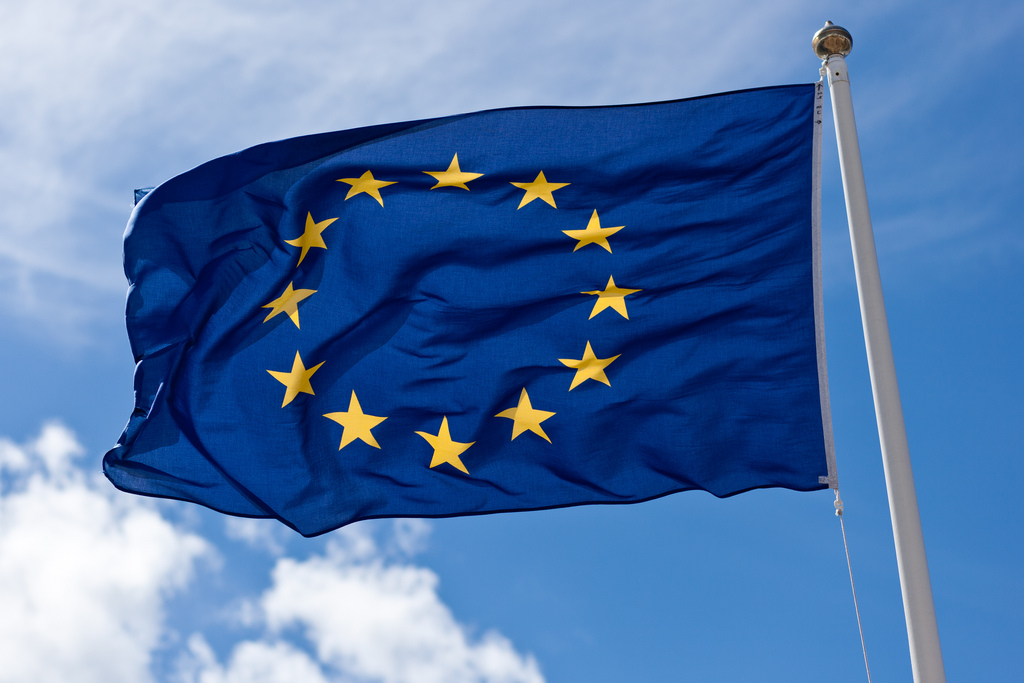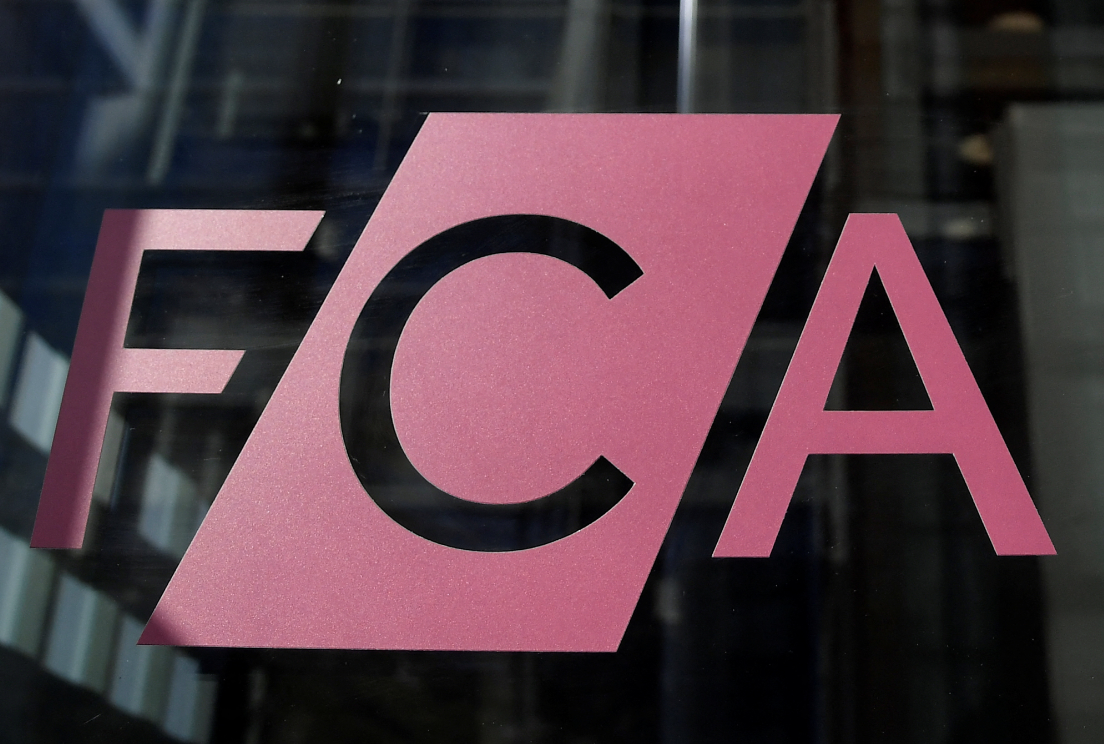EU proposes rules to label some gas and nuclear investments as green


Can natural gas ever be called sustainable? And can nuclear energy credibly be dubbed green?
A landmark proposal from the European Commission effectively answers “yes” to both — and many are not pleased.
The European Union’s executive arm on Wednesday presented a planto classify some natural gas and nuclear power as green investments, a move that may shape the climate fight in Europe and around the world.
What’s known as the “E.U. taxonomy” sets out to define a sustainable investment to guide spending toward projects that are in line with the bloc’s climate goals. A draft text, circulated on New Year’s Eve, included gas and nuclear. On Wednesday, officials confirmed they will be included as “transitional activities.”
The inclusion of gas was backed by several member states that said gas is needed as a “bridge,” as countries wean themselves off fossil fuels and build up their renewables capacity. France and others pushed for the inclusion of nuclear energy — despite strong opposition from Germany.
The backlash has united some E.U. countries and advisers, environmental groups and even asset managers in criticism. They charge that the commission has turned its own bid to “protect private investors from greenwashing” into greenwashing on a grand scale, undermining E.U. goals and credibility.
“Nuclear power is neither ‘green’ nor sustainable,” Austrian Chancellor Karl Nehammer wrote Wednesday on Twitter. “I cannot understand the decision of the EU.”
Austrian climate minister Leonore Gewessler previously called the inclusion of gas and nuclear in the draft a “cloak-and-dagger operation.” Her country, along with Luxembourg, another fierce opponent of nuclear energy, has threatened to sue the commission over the rules.
Greenpeace denounced the proposal as an “anti-science plan” that “represents the biggest greenwashing exercise of all time.” The CEO of a group representing investors including BlackRock and Vanguard — hardly hippies — wrote in an open letter to E.U. representatives that including gas would “seriously compromise Europe’s status as a global leader in sustainable finance.”
The commission defended the plan, calling it, among other things, “a means to an end” and noting that investment rules for natural gas and nuclear energy will come with stipulations.
Faced with questions from the media about whether the move undermines Europe’s credibility on climate, Mairead McGuinness, the European commissioner responsible for financial services, said Wednesday that the commission’s “credibility is actually enhanced by doing something difficult but necessary.”
The debate about how to keep the lights on while transitioning to renewable energy is happening around the world.
In the United States, President Biden has promised to “transition” away from fossil fuels and use nuclear power and other sources to step toward zero-carbon electricity.
In Europe, the backlash over the classification of gas and nuclear comes as the continent is roiled by an energy crisis and making a major push to tackle climate change.
Europe is often seen — and indeed touts itself — as a leader on climate. The E.U. aims to become a net-zero carbon emitter by 2050. To get there, it will need massive investment.
Experts say defining “sustainable” and “green” is a good idea and that clear guidelines could bolster the climate fight in Europe and shape plans elsewhere.
“The taxonomy, as an idea, could be a good tool to fight greenwashing,” said Paul Schreiber, a campaigner at Reclaim Finance, a nonprofit. “As long as there are stringent criteria.”
However, Schreiber argues that including nuclear and gas undermine the principles of the E.U. plans, ultimately limiting the taxonomy’s use.
Johannes Schroeten, an expert on sustainable finance at E3G, an independent European climate think tank, compared the classification system to labeling rules for organic food: You don’t have to buy organic, but if you want to and you pick up something with an organic label, “you don’t want it to be 20 percent nonorganic,” he said.
Andreas Hoepner, a professor at University College Dublin who was part of an expert group that advised the E.U. on the taxonomy, likened the plan to “calling french fries salad.”
The commission’s draft said that investments in gas-fired plants could get a “green” label until at least 2030 if emissions are under a certain level. It also set intermediate steps, asking firms to show they were increasingly using renewable sources — a criterion that has since been removed.
The commission says all facilities running on fossil fuels and gas should switch to either fully renewable or low-carbon gases by December 2035.
Critics have argued that any investment in natural gas is a lost opportunity. “We remain strongly opposed to any inclusion of gas within the scope of the Taxonomy,” the Institutional Investors Group on Climate Change wrote in an open letter to the commission last month. “Put simply, there is no remaining carbon budget for new investments in natural gas.”
Investments in nuclear plants can be called sustainable for more than two decades to come as long as there are plans to safely dispose of nuclear waste — not an easy feat.
The E.U.’s 27 nations now have four months to discuss the plan. The European Parliament could ultimately veto the proposal, although that appears doubtful.
Hoepner of University College Dublin said countries and investors will be following closely to see how the issue plays out. “Is [the E.U.] a green leader globally, or is it a global leader in greenwashing?” he asked.
Source: Washington Post










